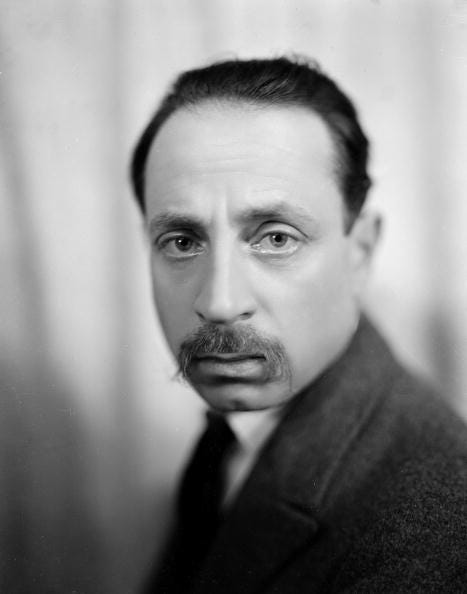The Writer's Almanac from Monday, December 4, 2006
Great Cathedrals by George Bilgere, from The Good Kiss. © The University of Akron Press.
It's the birthday of British writer Samuel Butler, born in Nottinghamshire, England (1835). He came from a family of clerics, and his father assumed Samuel would also become a priest. He went to a parish in London, and it was there that he realized that people who had been baptized were not necessarily morally superior to people who hadn't been baptized. He started questioning Christianity in letters to his father, and eventually lost all faith in religion. He left the parish and sailed off to New Zealand to become a sheep farmer. He made a decent living, and began to read widely. He was fascinated by Darwin's On the Origin of Species (1859), which had recently been published, and he struck up a correspondence with Darwin. In 1872, he published a satire called Erewhon, which both supported and challenged Darwin's ideas about evolution. Readers loved it, but it was the only book Butler wrote that had any success until his death in 1902.
After he died, an incomplete novel that Butler had begun 30 years earlier, The Way of All Flesh, was found in his desk drawer. When it was published in 1903, it sold more copies than any of his works did when he was alive. It's the story of Ernest Pontifex, who grows up the son of a cruel clergyman, enters the priesthood himself, and then falls into a series of scandals when he gives his money to a pregnant maid and then mistakes a respectable lady for a prostitute. Critics called it a masterpiece of satire. After its publication, all Butler's notebooks and memoirs were published, and he suddenly became known as a great Victorian writer.
The writer V.S. Pritchett said, "The Way of All Flesh is one of the time-bombs of literature. One thinks of it lying in Samuel Butler's desk for 30 years, waiting to blow up the Victorian family and with it the whole great pillared and balustraded edifice of the Victorian novel."
It's the birthday of poet Rainer Maria Rilke, born in Prague (1875). He spent most of his life traveling, never settling anywhere for more than a few months. And since he only wrote in spurts, he supported himself by getting rich noblewomen to fall in love with him and support his work. He apparently wasn't the best-looking guy in the world, but women found irresistible because he was so romantic and poetic.
Rilke's most important patron was a woman who wouldn't be seduced, the Princess Marie von Thurn und Taxis. She offered Rilke her Castle Duino near Trieste as a place to live for a while. It was a medieval castle with fortified walls and an ancient square tower. Rilke's room had a view of the gulf of Trieste, which he loved. In a letter from his room he wrote, "I am looking out into the empty sea-space, directly into the universe, you might say." He lived there for a while with the princess and her entourage, but then she left him there alone, with just a few servants, to concentrate on his work.
It was that winter of 1912, alone in the castle, that Rilke later said he heard the voice of an angel speaking to him about the meaning of life and death, and he started a poem that began with the lines, "And if I cried, who'd listen to me in those angelic / orders? Even if one of them suddenly held me / to his heart, I'd vanish in his overwhelming / presence. Because beauty's nothing but the start of terror we can hardly bear, / and we adore it because of the serene scorn / it could kill us with. Every angel's terrifying." The result was a cycle of 10 long poems that he called The Duino Elegies.
Be well, do good work, and keep in touch.®
We hope you can join us for our 50th Anniversary tour of A Prairie Home Companion! CLICK HERE for schedule of upcoming events.






The remnants of Erewhon, ‘no where’ backwards, has evolved into a bougie chain of grocery stores in Los Angeles.